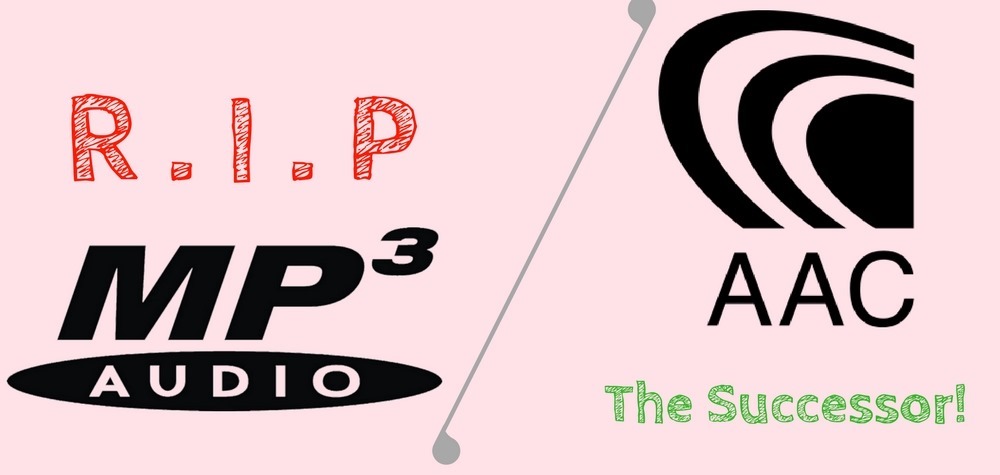MP3 Officially DEAD – AAC Takes Over Digital Audio Encoding Format; Parents Of MP3 Terminate Licensing & Support

MP3, the legendary audio coding format for digital audio, which people born in the 80s and the 90s associated digital music with, has been declared as dead. MPEG-1 or MPEG-2 Audio Layer III or simply MP3 format of digital audio files has been the default,de factoo form for saving music since 1989, when it was first launched.
However, with advancement in technology, and shifting platforms, the parent organization which supported and licensed MP3 format till date, has now terminated its association with MP3.
This means that the era and phase of MP3 format for encoding digital audio is now over.
How Can MP3 Be Dead?
Technically speaking, audio files in MP3 format will continue to work, but there shall be no support or licensing for the same. This means that the quality will suffer, and soon, there would be no MP3 files remaining.
The Fraunhofer Institute for Integrated Circuits, which is part of the German research body with the same name, nurtured and protected the modern MP3 format for digital audio encoding, and enabled it to become Universal norm for encoding audio files.
Now, after almost 20 years, they have terminated all patents associated with MP3 (except few non-relevant formats).
This means that users can still listen to MP3 format audio files, but there will be no industry level support format for the same, and in the absence of that, the whole platform will die a natural death.
The magic of MP3 lies in its almost divine ability to compress the size of the audio files, as much as 95%, which helped them to be shared and listened online.
MP3 was originally developed by Moving Picture Experts Group (MPEG) as part of its MPEG-1 standard, and engineers from CCETT, Matsushita, Philips, Sony, AT&T-Bell Labs, Thomson-Brandt, and others took part in its development.
What Is The Future Of Audio Files Now?
Advanced Audio Coding or AAC, which is a proprietary audio coding standard for lossy digital audio compression, is the official successor of MP3 format.
In a press statement, Fraunhofer Institute for Integrated Circuits said, “Most state-of-the-art media services such as streaming or TV and radio broadcasting use modern ISO-MPEG codecs such as the AAC (Advanced Audio Coding) family or in the future MPEG-H,”
Infact, AAC has been partly developed by Fraunhofer IIS themselves.
As per them, AAC has the capability to deliver more advanced features, and a higher quality of audio coding at lower bitrates, compared to MP3 format , which makes it more preferable by online streaming portals. No wonder iTunes, YouTube, Nintento, Nokia and others have now adapted AAC format for encoding audio files, and have ditched MP3 format.
You did a great job, MP3. RIP.

“This means that the quality will suffer, and soon, there would be no MP3 files remaining.”
What utter nonsense.
Serious nonsense. not expected from trak.in